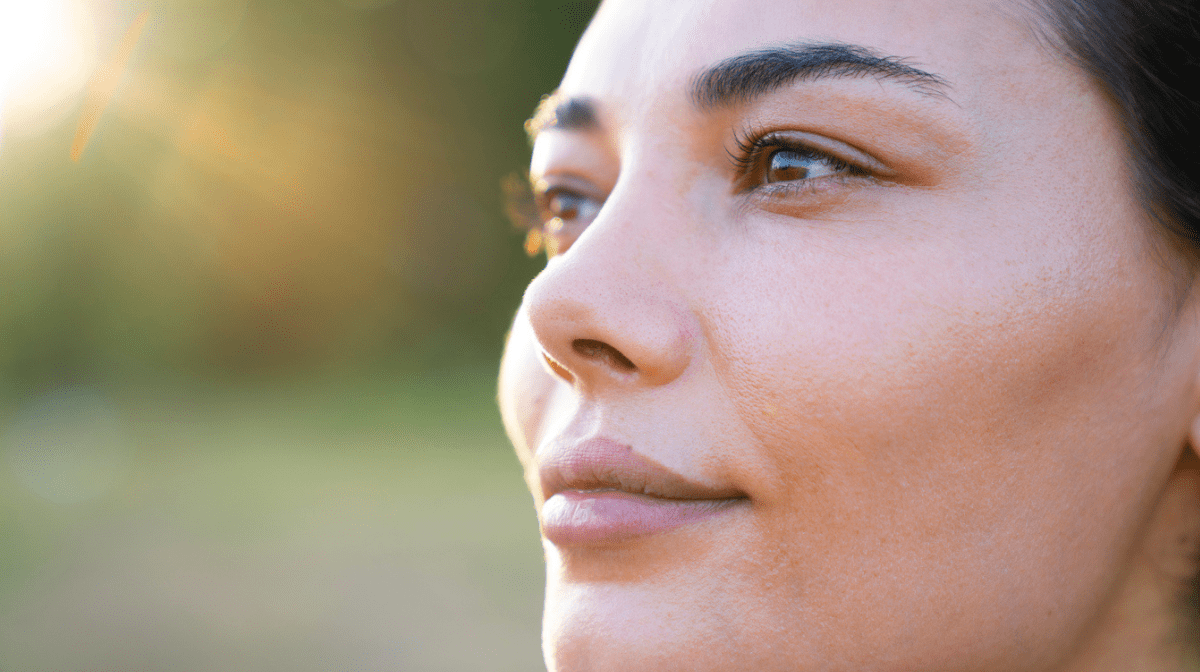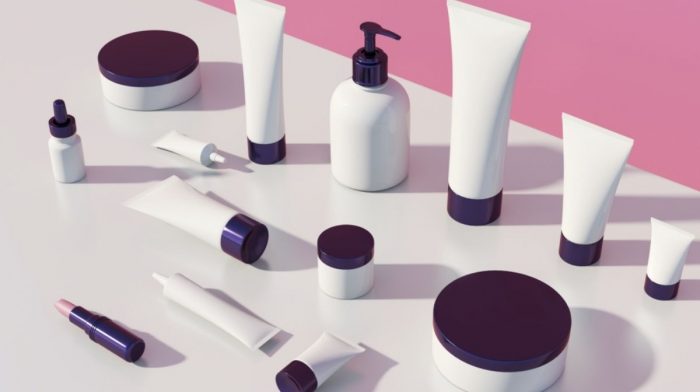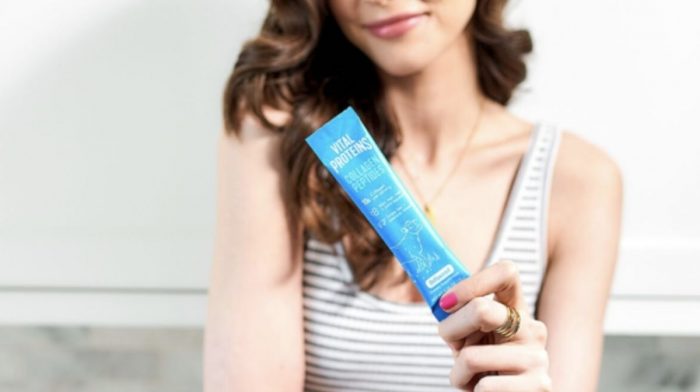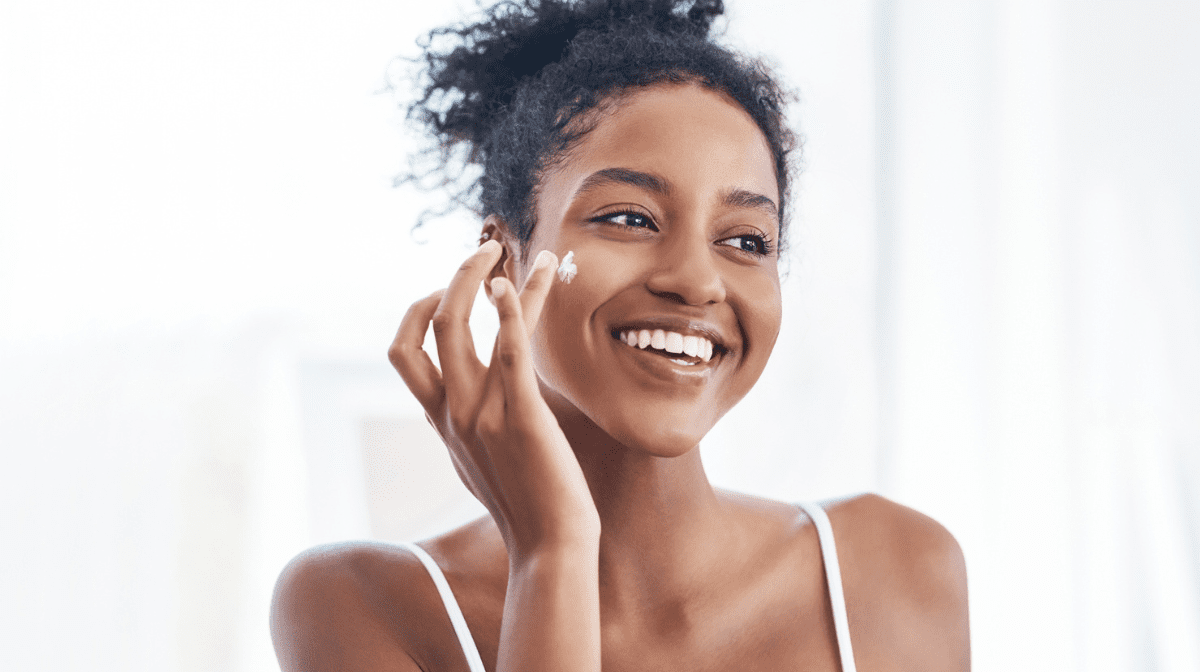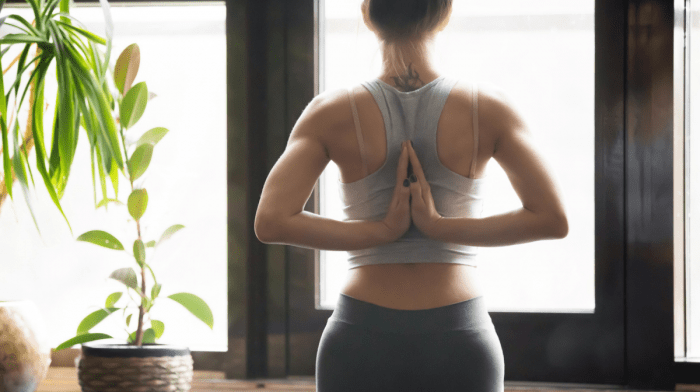As we age, our skin naturally becomes less plump, firm and supple. These are all skincare buzzwords that relate to your skin’s elasticity. But what is skin elasticity, and how can you enhance it?
Fear not, we’ve compiled everything you need to know including the internal and external influences such as diet and sleep, and how you might rejuvenate it.
What is Skin Elasticity?
Skin elasticity is your skin’s ability to stretch and bounce back. If you’ve ever noticed fine lines around your eyes or minor sagging around the lower half of your complexion, this is down to your skin not being able to spring back in place.
What Causes Loss of Elasticity in Skin?
Skin ageing is a natural process, which is mostly influenced by factors that we have no control over, such as genetics. However, there are numerous external factors that may lead to a loss of elasticity in your skin, here are just a few to be mindful of:
UV Radiation
Unprotected exposure to ultraviolet (UV) radiation can cause age-related loss of skin elasticity. This is because ultraviolet A (UVA) rays have the capability to penetrate deeply into the dermal layer, which may break down your skin’s natural collagen and elastin, resulting in premature signs of ageing such as wrinkles, fine lines, loss of firmness and disruption to your skin texture.
Pollution
Air pollution exposes your face to free radicals and increases the impacts of oxidative stress on your complexion, which may accelerate signs of skin ageing.
Smoking
When you smoke, it leads to the increased production of the enzyme metalloproteinase (MMPs), which may break down the skin’s collagen production and result in the loss of skin elasticity.
In addition, reactive oxygen species (chemically reactive molecules that have the potential to cause damage to cells and tissues by initiating oxidative stress) are also a factor that may influence skin aging and the loss of elasticity, as they can induce the production of inflammatory proteins that may disrupt your skin’s barrier.
Sleep
You may have heard about the importance of beauty sleep, but there’s actually some scientific evidence behind it.
When you sleep, your body is able to repair itself, which includes muscles and skin. However, if you’re not getting the recommended amount of sleep for your age, which is usually between seven and nine hours for adults, it may result in a loss of skin elasticity.
What Age Does Skin Lose Elasticity?
Unfortunately, this isn’t a one-size-fits-all answer. Typically, this process starts as early as your 20s. However, genetics, lifestyle choices, and skincare routines can influence the pace of how your skin elasticity can decline or maintain itself.
How to Improve Elasticity of the Skin
Although the natural deterioration of skin elasticity and collagen is part of the ageing process, there are protective measures you may be able to put in place to minimise the premature loss of your skin’s elasticity.
Here are just a few simple changes you can implement that may be able to help:
Prioritise Your Skincare Routine
Skincare may be able to play a crucial role in enhancing skin elasticity. Products containing retinol may be able to increase elastin production and collagen production.
Hyaluronic acid could help to replenish moisture, which may contribute to plumping the skin and reducing the appearance of fine lines, a sign of reduced skin elasticity.
Free radical damage is thought to contribute to a loss of elasticity over time. However, as an antioxidant, topical vitamin C may be able to offer some protection from them.
Introducing these ingredients into your skincare routine may help to support skin elasticity.
Sun Protection
UV rays can be detrimental to the skin. Protecting your skin against it by introducing SPF to your everyday routine or avoiding peak sun times (11am to 3pm) is crucial.
Diet
Maintaining a healthy balanced diet helps to ensure you’re getting all of the right nutrients, but it may also help support your skin health.
Incorporating foods rich in protein like fatty fish, chia seeds, quinoa and eggs, may help to promote your skin elasticity. This is because the amino acids present in protein helps to build collagen, which is responsible for your skin’s structure and as a result strengthens your skin’s barrier.
Collagen Supplements
Incorporating collagen supplements into your routine is a great way to help support your skin elasticity. This is down to the amino acids profile in our collagen supplements that works to support collagen levels and the structure of the skin, which in turn aids your skin elasticity.
But don’t worry if you don’t know where to start because we have a wide range of collagen powders for you to discover. Even better, they’re all made from high-quality, bovine and marine collagen and even have a celebrity fanbase, as enjoyed by Jennifer Aniston.
If you’re looking for more guidance on finding the best collagen powder for you, check out our blog:
